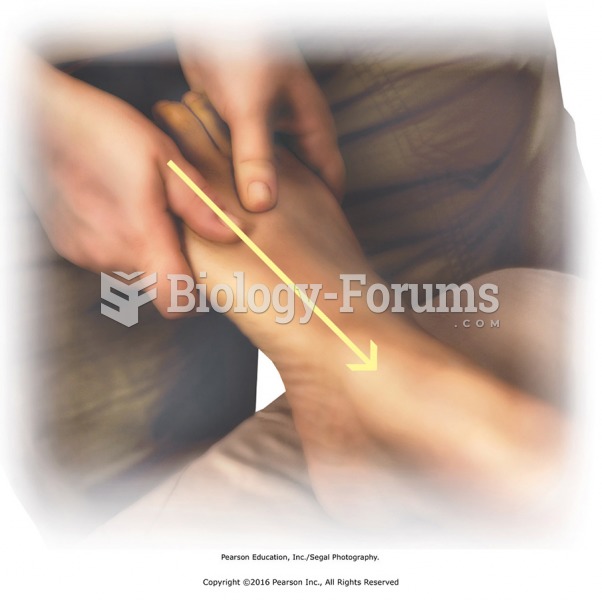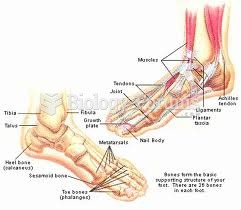|
|
|
Individuals are never “cured” of addictions. Instead, they learn how to manage their disease to lead healthy, balanced lives.
The term pharmacology is derived from the Greek words pharmakon("claim, medicine, poison, or remedy") and logos ("study").
When blood is deoxygenated and flowing back to the heart through the veins, it is dark reddish-blue in color. Blood in the arteries that is oxygenated and flowing out to the body is bright red. Whereas arterial blood comes out in spurts, venous blood flows.
In the ancient and medieval periods, dysentery killed about ? of all babies before they reach 12 months of age. The disease was transferred through contaminated drinking water, because there was no way to adequately dispose of sewage, which contaminated the water.
When intravenous medications are involved in adverse drug events, their harmful effects may occur more rapidly, and be more severe than errors with oral medications. This is due to the direct administration into the bloodstream.
 When using forearm pressure on the top of the shoulder, push with your back foot to increase your ...
When using forearm pressure on the top of the shoulder, push with your back foot to increase your ...
 Sliding effleurage with a thumb between metatarsals on the dorsal foot surface. Slide from web to ...
Sliding effleurage with a thumb between metatarsals on the dorsal foot surface. Slide from web to ...





